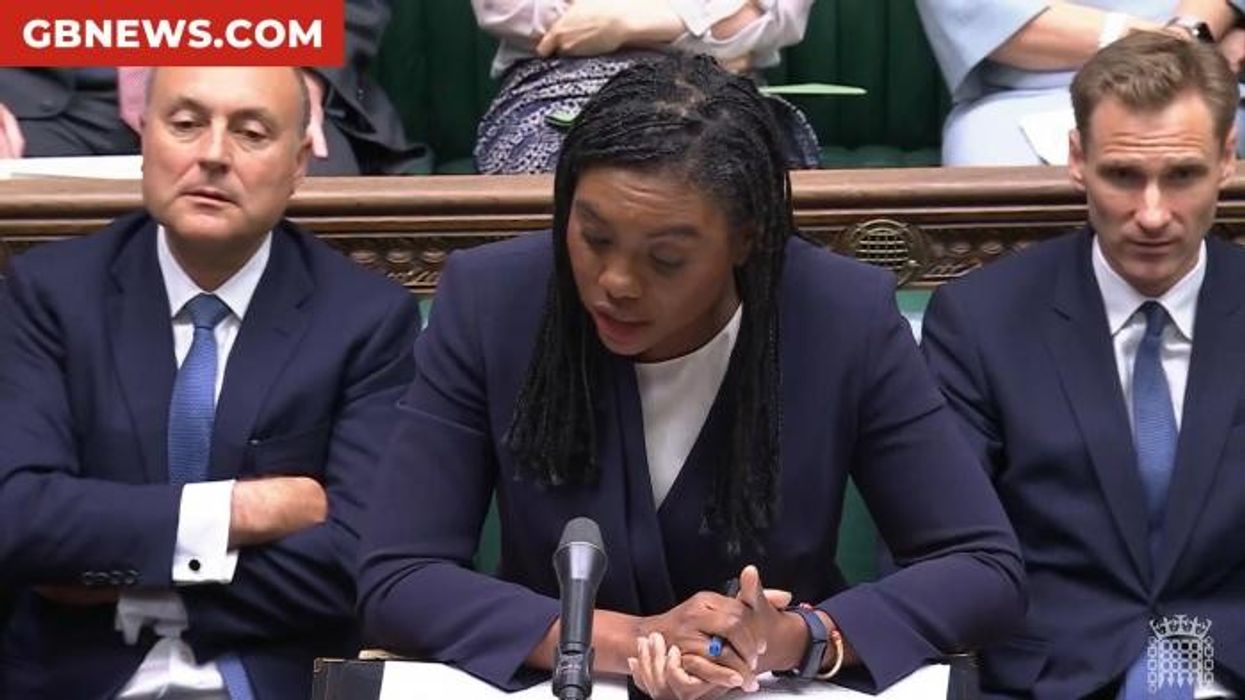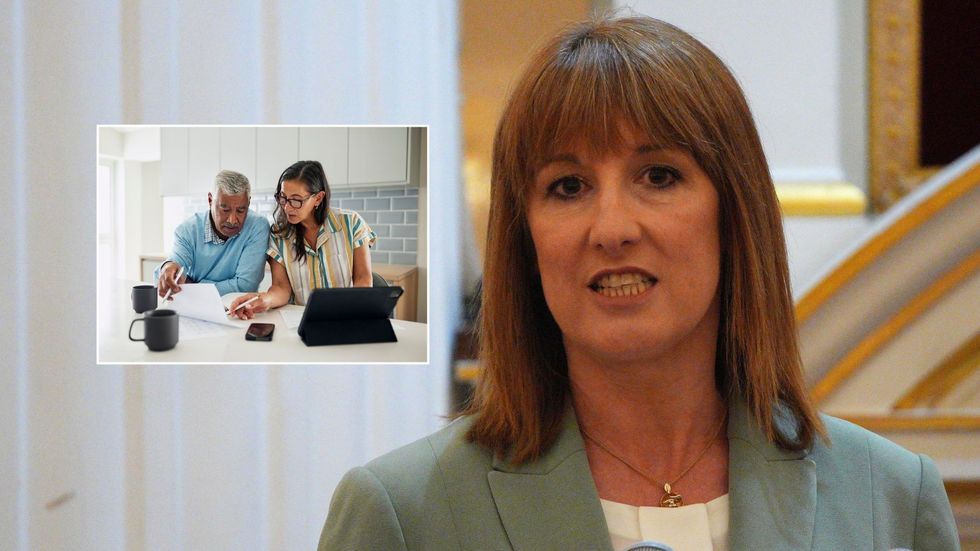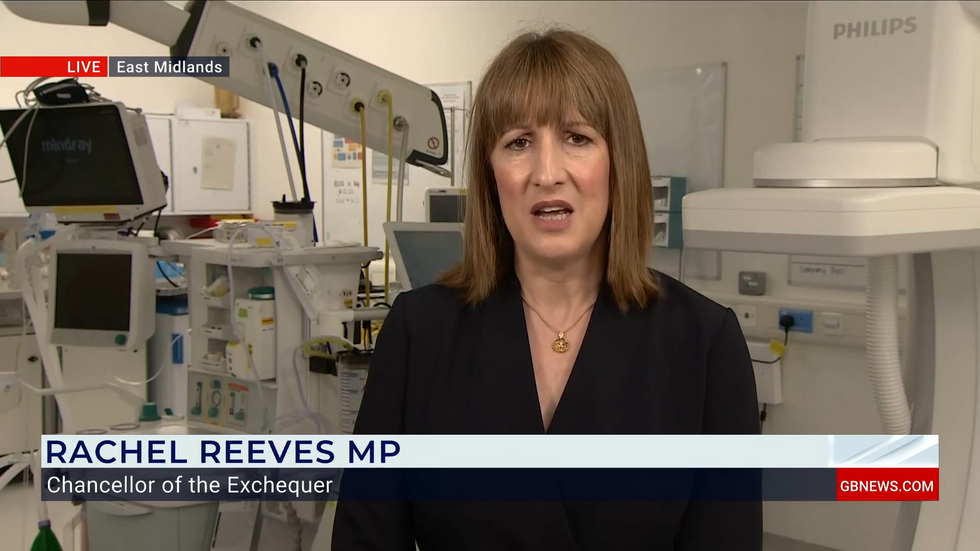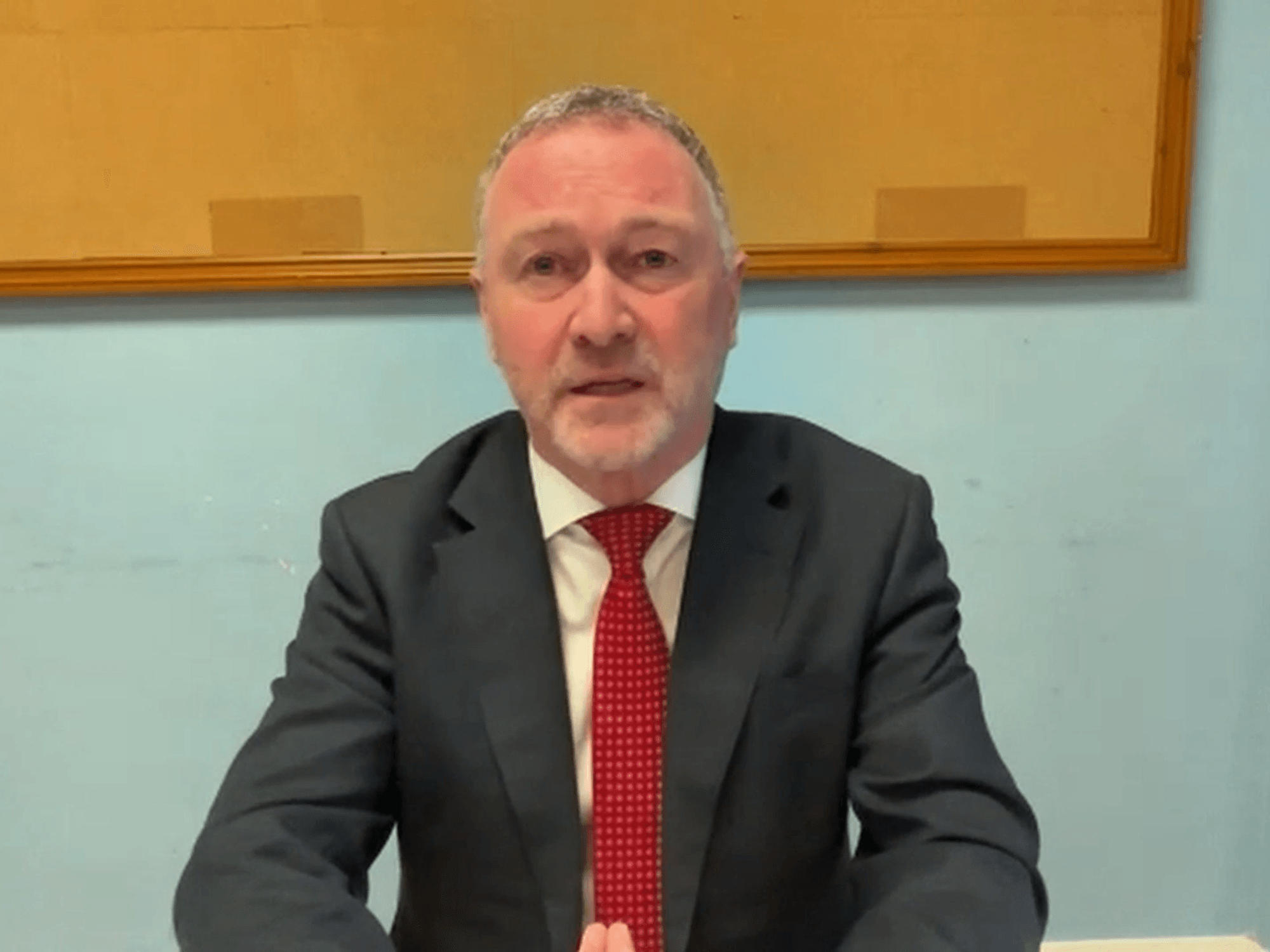Rachel Reeves urged to tax pensioners with savings and property

GBNEWS

Economists and ex-ministers say wealthier retirees should shoulder more of the tax burden to ease pressure on NHS, social care and pensions
Don't Miss
Most Read
Wealthy pensioners could be asked to hand over more in taxes under proposals being urged on Chancellor Rachel Reeves.
A group of top economists and former government insiders say older people with valuable homes and large pension pots should shoulder a bigger share of the nation’s tax bill.
The call comes as Ms Reeves faces a huge £20-30billion black hole in the public finances ahead of November's Budget.
The coalition, which includes ex-cabinet secretary Lord O’Donnell and former Treasury minister Lord O’Neill of Gatley, is backing plans for new wealth and property taxes to help fill the gap.
Operating as the Invest in Britain campaign, the group argues that "better-off older people" need to contribute more if the government is to keep funding pensions, the NHS and social care while stabilising the economy.
They argue these changes are needed to fund the growing strain on public services such as the NHS, social care and state pensions. Without fresh sources of revenue, the government risks being unable to meet rising demand, particularly from an ageing population.
In their letter, the group described the proposals as "progressive, pro-growth options" that could ease the UK’s fiscal squeeze while creating a fairer system.
The signatories bring heavyweight economic credentials, from Mariana Mazzucato at University College London’s Institute for Innovation and Public Purpose to Mohamed El-Erian, the former chief executive of investment giant Pimco, and Sir Anton Muscatelli of the University of Glasgow.
LATEST DEVELOPMENTS:

Rachel Reeves urged to tax pensioners with savings and property
|GETTY
They are joined by well-known academic economists Simon Wren-Lewis of Oxford University and Jonathan Portes of King’s College London, who also back the calls for reform.
Among the specific measures on the table are government plans to overhaul stamp duty and council tax, which the group say would make the tax system more efficient and sustainable.
"The tax and pension system needs to be rebalanced so that better-off older people, especially those with substantial property and pension wealth, make a much larger contribution to addressing the fiscal pressures that result from increasing spend on the NHS, social care and pensions," the letter, seen by The Times, said.
The economists say these reforms could raise significant funds without choking off growth, calling them fundamental to building a fairer tax system.

Lord O’Donnell and former Treasury minister Lord O’Neill of Gatley, is backing plans for new wealth and property taxes to help fill the gap
| GB NEWSMs Reeves, however, faces an uphill battle. The Office for Budget Responsibility is expected to downgrade forecasts for growth and productivity, which would widen the deficit even further. Some analysts believe the gap against the government’s main fiscal rule could swell to as much as £40billion.
The problem has been made worse by the government’s decision to reverse £6-8billion of planned welfare cuts, adding yet more pressure to the books.
Ms Reeves has also boxed herself in politically by ruling out hikes to VAT, national insurance and income tax, limiting her room for manoeuvre as she prepares November's Budget.
The government's main fiscal rule means day-to-day spending must be covered entirely by tax receipts rather than borrowing. These restrictions, set by ministers themselves, have only added to the pressure to find new ways of raising money.
In their letter, the economists admit the fiscal challenges are "real" but stress they are "not inescapable" if the government is willing to reform the tax system more fundamentally.
They are also pushing for a major increase in public investment, warning that under current plans, investment will stay flat as a share of GDP for the whole of this parliament.
That would leave the UK well behind both OECD averages and Britain's own post-war record.

The government's main fiscal rule means day-to-day spending must be covered entirely by tax receipts rather than borrowing
| GETTYThe economists propose reforms to fiscal frameworks that would compel governments to account for long-term challenges such as climate change during budget planning.
They suggest the Chancellor should exploit flexibilities within existing debt rules, particularly those introduced last year targeting public sector net financial liabilities.
The group also recommends following International Monetary Fund guidance by reducing OBR forecasts to one per year, rather than the current biannual assessments.
This change would prevent frequent policy adjustments driven by the need to satisfy fiscal targets.
The signatories describe their proposals as "elements of a credible strategy to boost economic growth and prosperity, strengthen fiscal sustainability, and enhance business and investor confidence."










